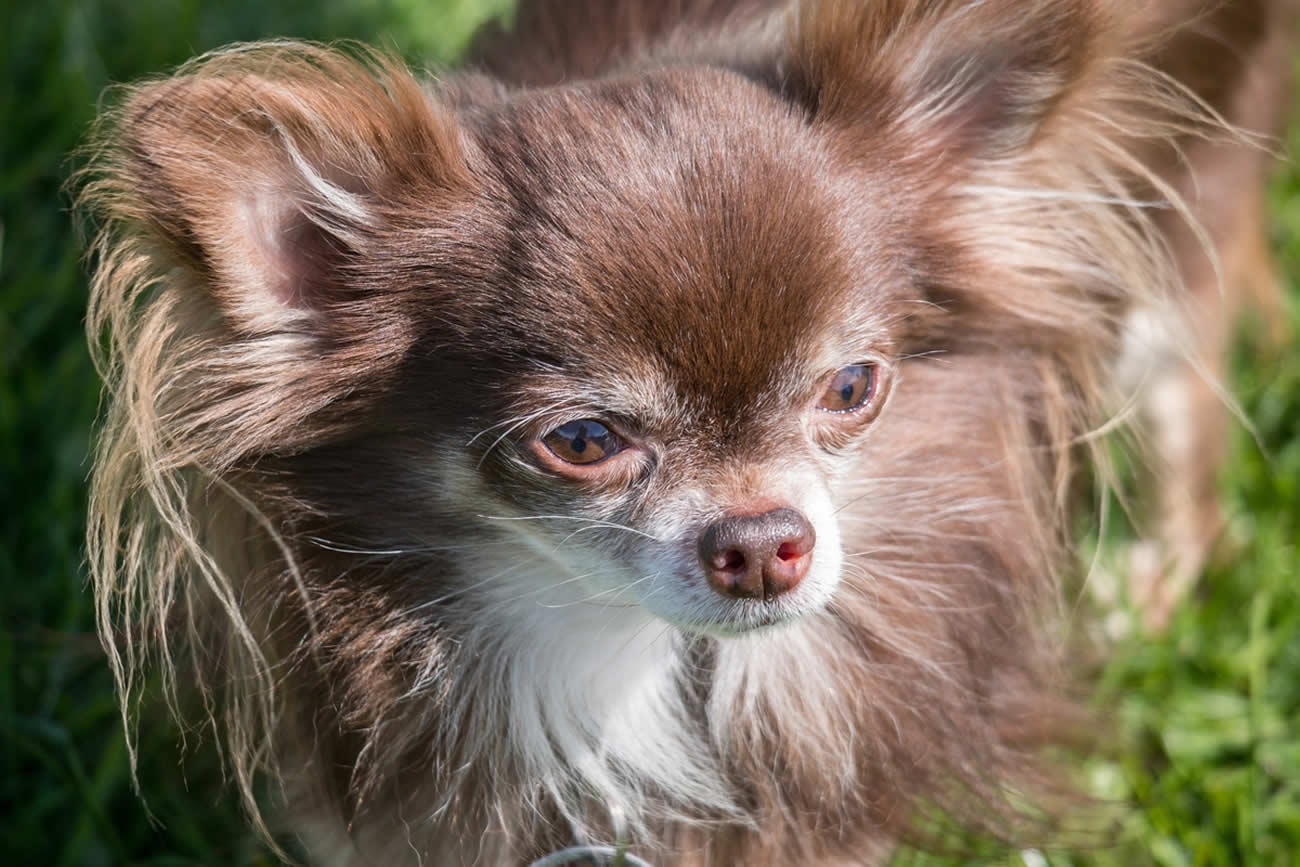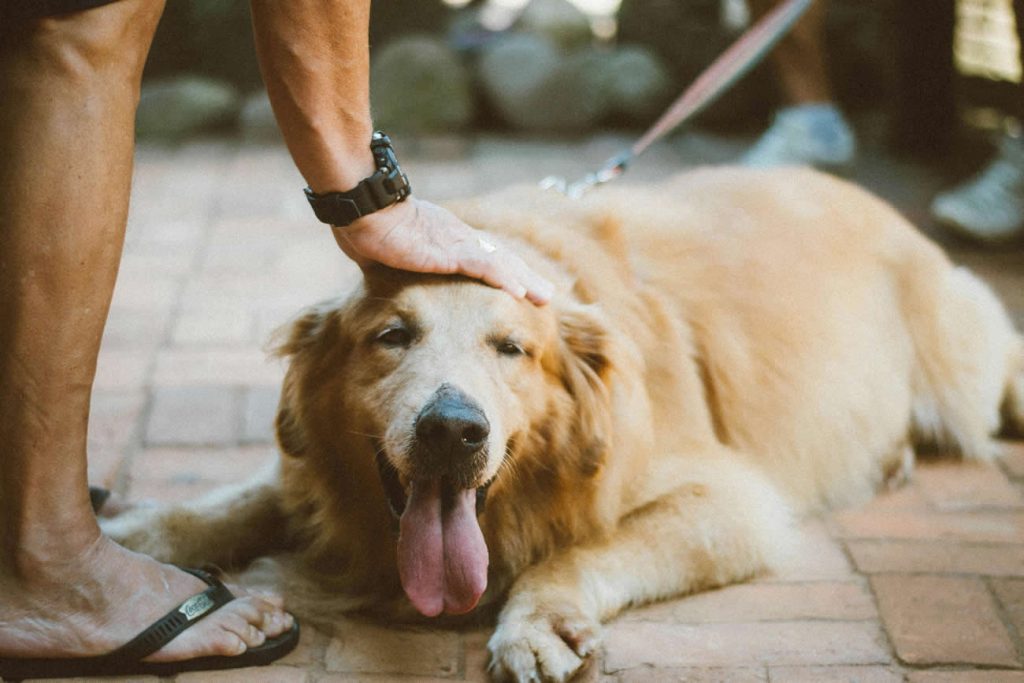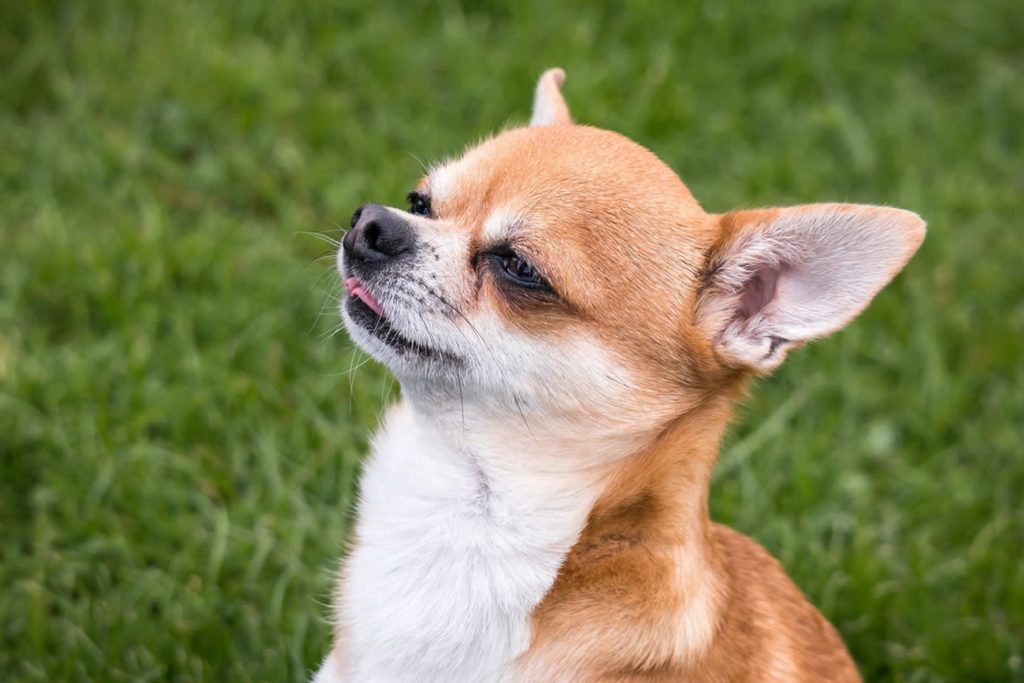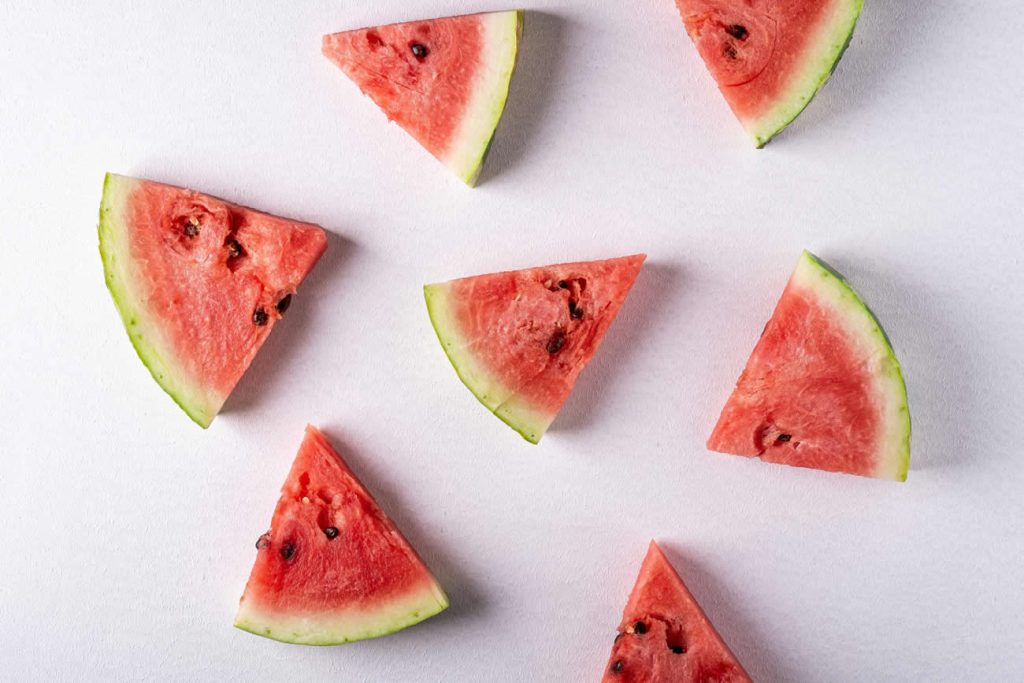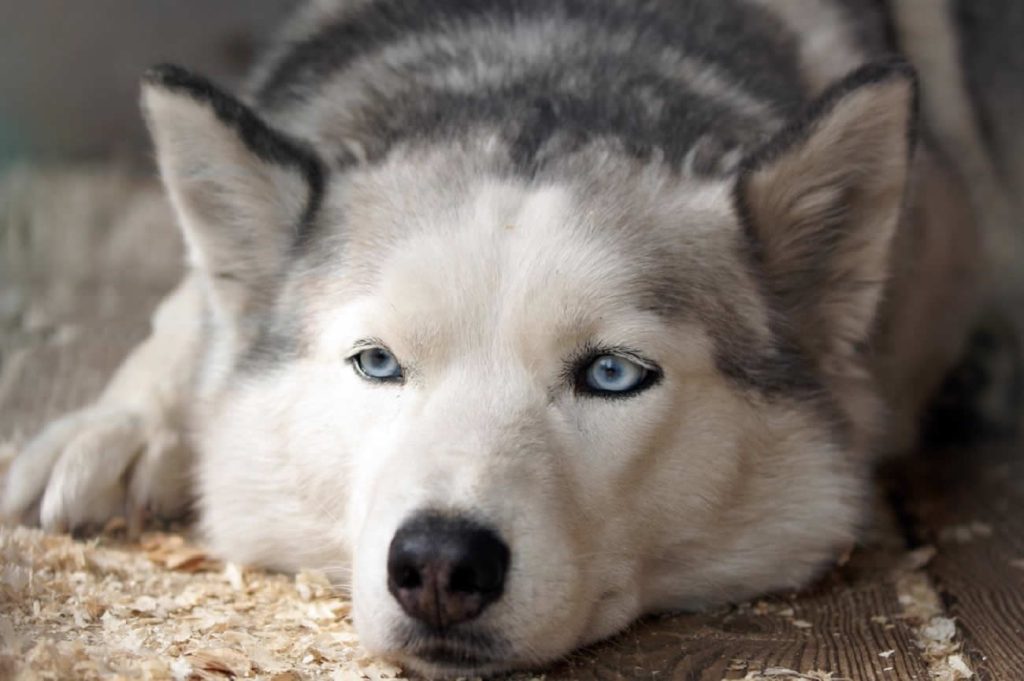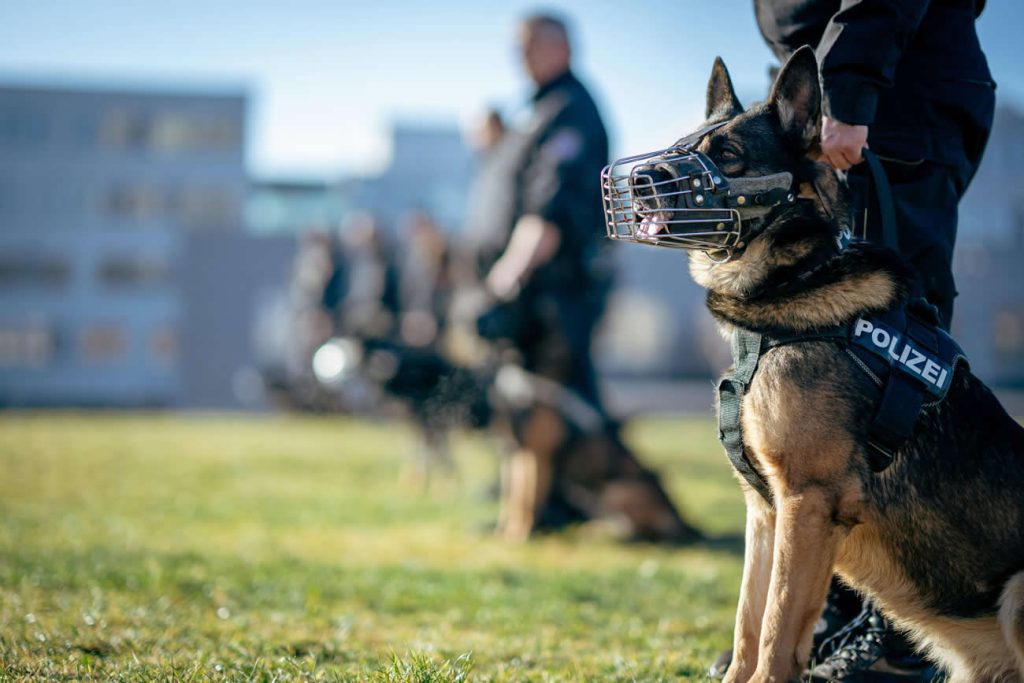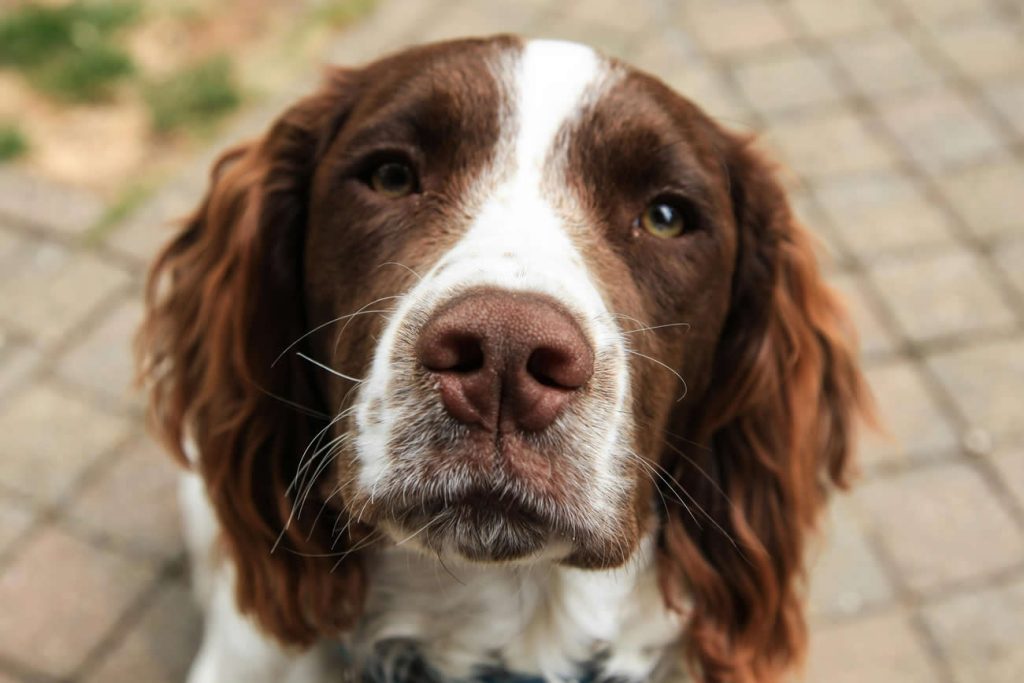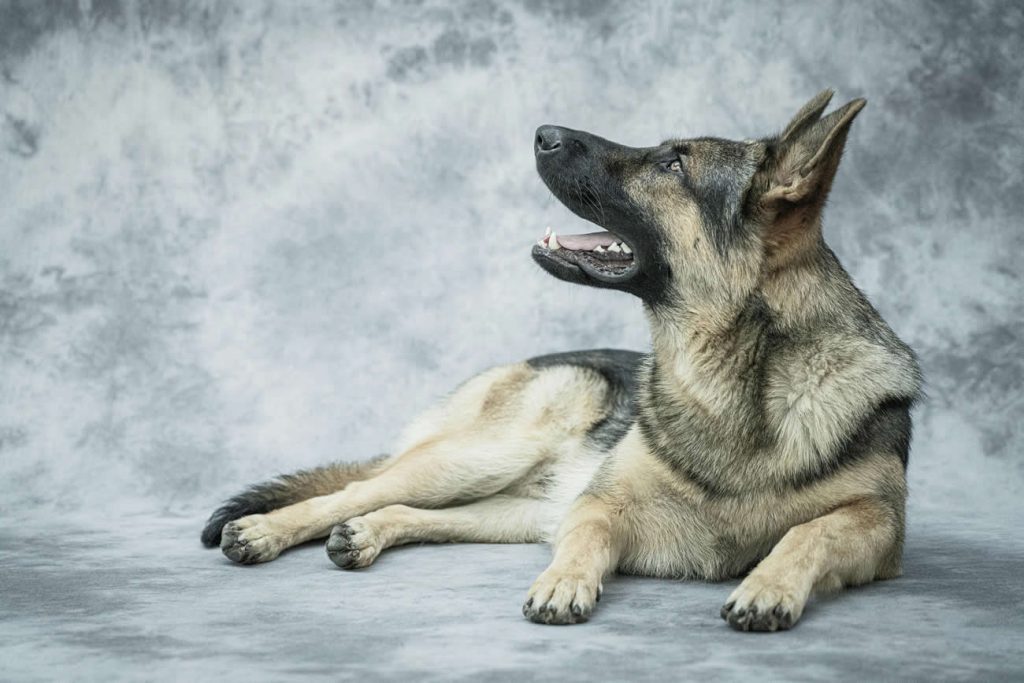When you picture a Chihuahua, you often think of a tiny dog with a big personality. These dogs may be small in size, but they are well known for being bold, alert, and sometimes even fiery. If you’ve ever wondered why Chihuahuas are often described as aggressive, you’re not alone. It’s a question that many owners ask, especially when they first notice growling, snapping, or protective behaviour from their dog.
The truth is that what people label as aggression is often misunderstood. Chihuahuas are sensitive, intelligent, and deeply loyal dogs, and their behaviour usually has a reason behind it. Knowing why they act the way they do matters because it helps you see past the stereotype and gives you the tools to support your dog better. By understanding the root causes, you’ll feel more confident as an owner and your Chihuahua will feel more secure in return.
Quick Facts About Chihuahuas
Chihuahuas are the smallest dog breed in the world. They usually weigh between 2 and 6 pounds, which is about 1 to 3 kilograms, and they stand around 6 to 9 inches tall, or 15 to 23 centimetres, at the shoulder. Despite their tiny frame, they are known for their strong personalities.
They belong to the toy group of dogs. This group is made up of breeds that were developed mainly for companionship rather than working roles. Chihuahuas are affectionate, loyal, and intelligent, but their boldness sometimes makes them seem more dominant than they really are.
One of the most reassuring things about Chihuahuas is their lifespan. They usually live between 14 and 17 years, with some reaching 20 years or more. This means that when you bring a Chihuahua into your life, you’re committing to a long relationship with a dog that will become deeply connected to you.
Natural Personality Traits That Can Seem Aggressive
Chihuahuas carry traits that make them appear aggressive even when they are simply acting out their natural instincts. One of these traits is confidence. Despite their small bodies, they see themselves as equal to any other dog. You may notice your Chihuahua standing tall and barking at a much larger dog in the park. This isn’t necessarily aggression—it’s a show of bravery that comes from their instinct to protect themselves and you.
They are also extremely alert. Chihuahuas are natural watchdogs. They notice everything happening around them, from footsteps outside the window to a sudden movement in the room. Their tendency to bark or growl at anything unfamiliar is not unusual. It’s their way of telling you that they’ve picked up on something you may not have noticed.
Another natural trait is territorial behaviour. Chihuahuas form strong bonds with their owners and homes. When they feel that their space is being invaded, even by something as simple as a guest entering your living room, they may react with growls or snapping. Again, this isn’t pure aggression—it’s part of their instinct to defend what they consider theirs.
Emotional Triggers
Beyond their natural traits, Chihuahuas also react emotionally to situations, and these reactions often come across as aggression. Fear is one of the biggest triggers. Because of their small size, the world can feel overwhelming to them. A sudden noise, a stranger leaning too close, or a larger dog running towards them can cause fear that shows as growling, barking, or even nipping.
Insecurity is another emotional cause. Chihuahuas that haven’t been properly socialised sometimes feel unsure in unfamiliar environments. This insecurity may lead to defensive behaviour that people mistake for aggression.
Over-protectiveness is also common. Chihuahuas bond deeply with their owners, and this attachment can make them overly protective. If they feel that someone is a threat to you, they may act out to defend you.
Attachment itself plays a big role. Chihuahuas often form such strong bonds that they struggle with separation anxiety. If they feel threatened by the idea of being left alone, or they sense changes in your attention, their reaction may look like aggression when it’s really stress.
Environmental Causes
The environment you create for your Chihuahua has a huge impact on their behaviour. Lack of socialisation is one of the main causes of aggressive reactions. A Chihuahua that hasn’t been exposed to different people, animals, and environments during puppyhood may grow up anxious and defensive in unfamiliar settings.
Changes in routine also affect them. Chihuahuas thrive on consistency. If their daily schedule is disrupted, they may become unsettled and more likely to snap or bark.
Loud settings can make them nervous too. With their sensitive hearing and small size, noisy environments such as busy streets or crowded houses can overwhelm them, leading to trembling or defensive behaviour.
Unfamiliar people are another trigger. Chihuahuas are naturally wary of strangers, and if they don’t have enough experience interacting with different people, they may see anyone new as a potential threat.
Health-Related Reasons
Sometimes what looks like aggression is actually a sign of health issues. Pain is a major factor. If your Chihuahua has a sore joint, dental disease, or another hidden health problem, they may snap or growl when touched. This reaction is more about protecting themselves than about aggression.
Dental problems are very common in Chihuahuas because of their small jaws and crowded teeth. Gum disease, tooth decay, or infections can all cause pain, and a dog in pain may react defensively.
Other medical conditions also affect behaviour. Tracheal collapse, common in small breeds, can cause coughing and discomfort that makes a dog more irritable. Heart disease, arthritis, or neurological conditions can all change the way a Chihuahua behaves.
Understanding that aggression sometimes points to health issues is important because it ensures you don’t overlook signs that need veterinary care.
When Should You Worry About Aggression?
It’s normal for Chihuahuas to bark at strangers or to show a little protective behaviour. But you should worry when aggression becomes constant, intense, or unpredictable. If your Chihuahua growls or snaps at you regularly, or if they try to bite without warning, it’s time to look deeper.
You should also be concerned if the aggression appears suddenly. A normally calm Chihuahua that suddenly becomes aggressive may be in pain or dealing with an underlying medical problem. In these cases, visiting your vet is the safest option.
If aggression is making it difficult to live safely with your Chihuahua, or if it puts other people or pets at risk, professional help from a trainer or behaviourist is essential.
Practical Solutions for Managing Aggression
The good news is that there are many ways to manage and reduce aggression in Chihuahuas. Training plays a huge role. Using positive reinforcement, you can encourage good behaviour and reduce defensive reactions. Reward calm behaviour with treats and praise, and avoid punishment, which often makes aggression worse.
Early socialisation is key. Introducing your Chihuahua to different people, pets, and environments while they are still young helps them grow into confident adults. Even if your dog is older, gradual exposure to new experiences in a controlled way can still make a difference.
Adjusting the environment also helps. Creating a safe space where your Chihuahua can retreat when overwhelmed reduces stress. Keeping a consistent routine reassures them and lowers anxiety.
Patience and consistency are the most important tools. Aggression rarely improves overnight, but with steady effort and understanding, you can make real progress.
How to Calm an Aggressive Chihuahua
When your Chihuahua shows aggression, staying calm yourself is the first step. Your dog picks up on your emotions, so if you react with frustration or fear, the situation can escalate. Speak softly and avoid sudden movements.
Give your dog space if they are growling or snapping. Don’t force them into contact. Instead, allow them to retreat to a place where they feel safe.
Redirect their attention with something positive. A favourite toy, a gentle command, or a treat can shift their focus. Over time, this teaches them to respond calmly instead of aggressively in stressful situations.
Consistency is key. Set clear boundaries and stick to them. Praise calm behaviour and correct unwanted behaviour gently but firmly. Over time, your Chihuahua will learn what’s expected and feel more secure.
Myths About Chihuahua Aggression
There are several myths about why Chihuahuas act aggressively, and it’s important to separate fact from fiction. One common myth is that they are naturally mean dogs. In reality, Chihuahuas are affectionate and loyal. Aggression usually comes from fear, insecurity, or lack of training—not from being inherently nasty.
Another myth is that their small size makes them more aggressive. Size doesn’t determine temperament. While Chihuahuas may act defensively because they feel vulnerable, this is about survival instincts, not size itself.
Some people believe that aggression in Chihuahuas cannot be managed. This is not true. With training, patience, and proper care, most Chihuahuas can learn to be calm, confident, and loving companions.
Final Thoughts
Chihuahuas may have a reputation for aggression, but the reality is much more complex. Their behaviour often comes from natural traits like confidence and alertness, emotional triggers like fear or protectiveness, environmental influences like lack of socialisation, or even hidden health problems.
Understanding these causes helps you see aggression not as a fixed trait but as a reaction that can be guided and improved. With proper training, consistent routines, and lots of patience, you can help your Chihuahua feel secure and reduce aggressive behaviour.
At the heart of it, Chihuahuas are loyal, intelligent, and affectionate dogs. They want to protect you and their space, and they want to feel safe in return. By addressing the reasons behind their behaviour and focusing on solutions, you can build a stronger bond with your dog and create a calmer, happier home for both of you.

